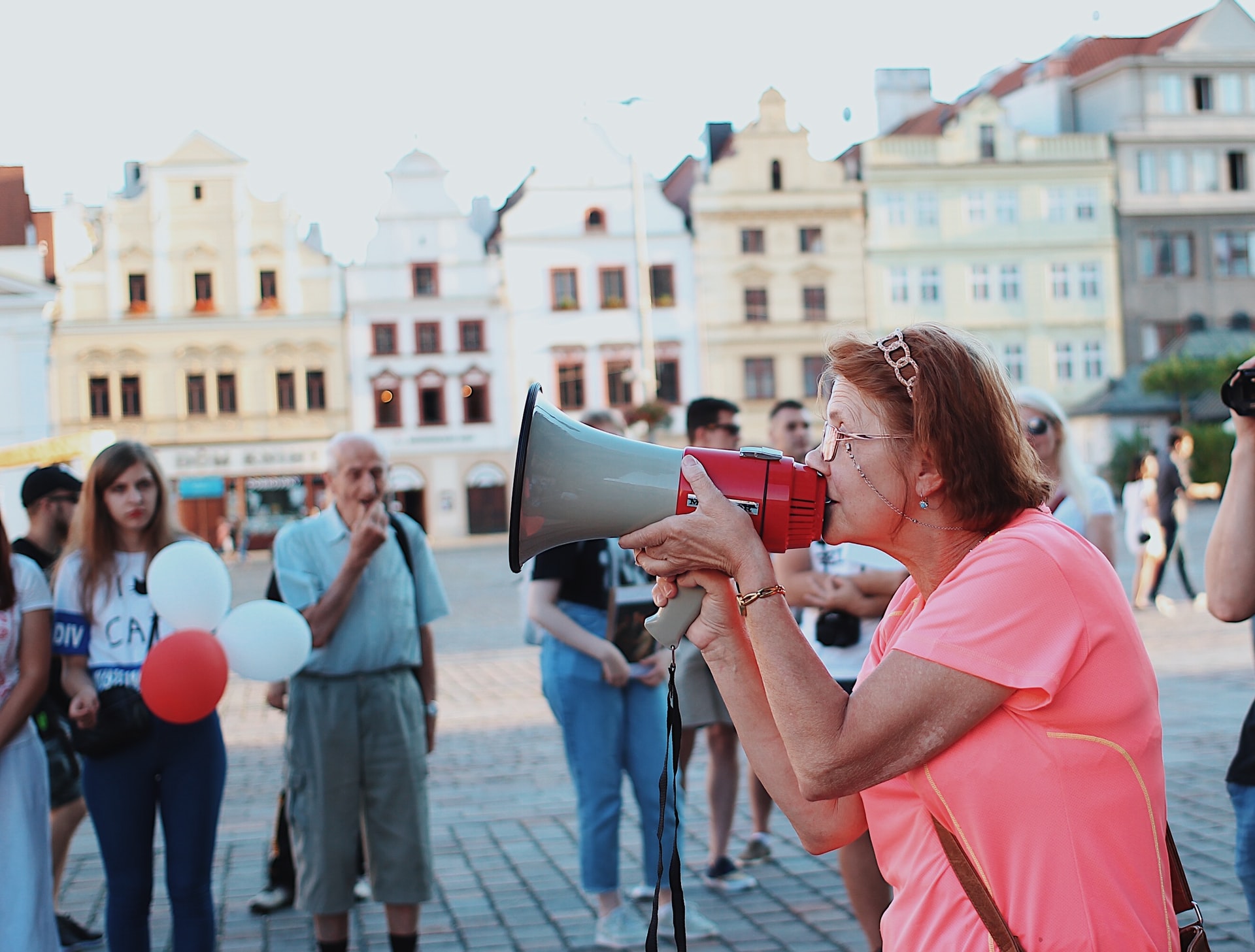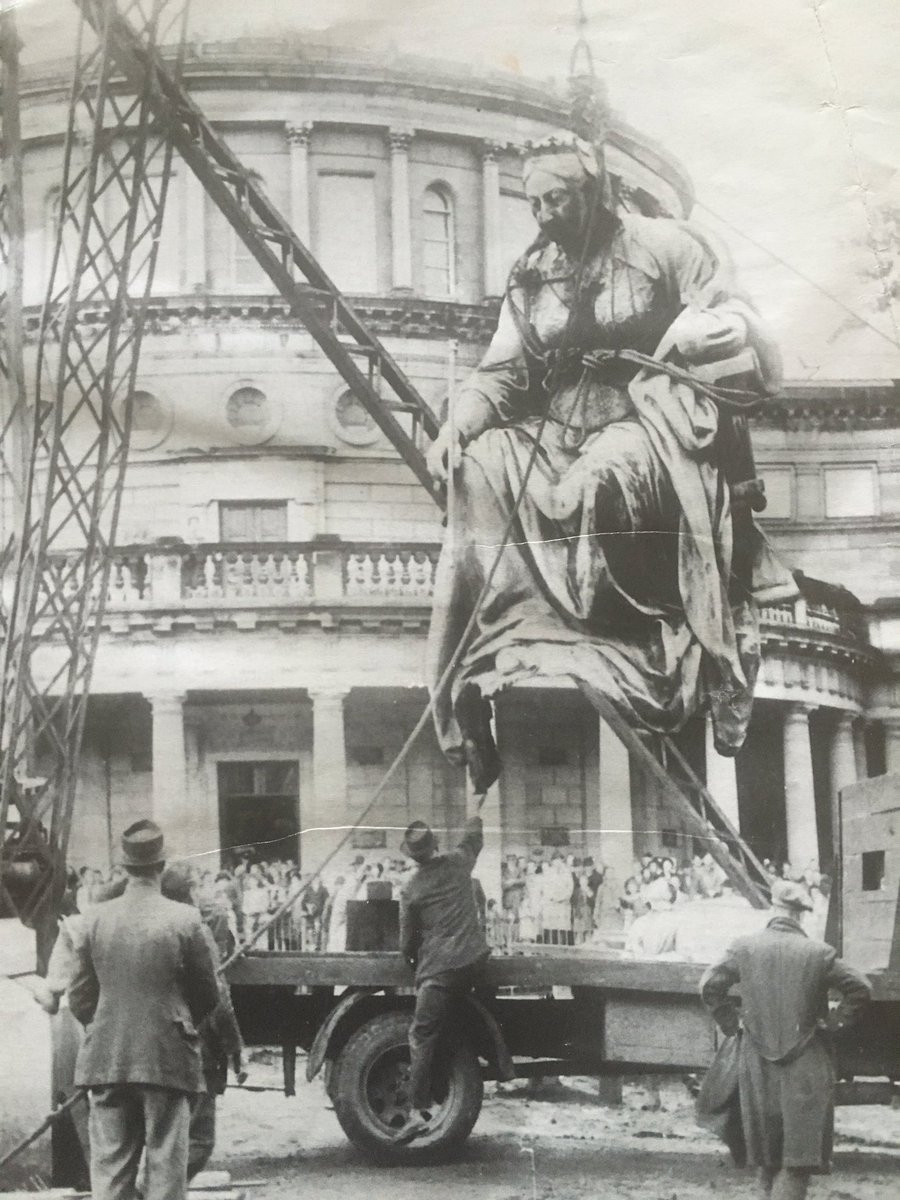Faculty Research Groups
The Institute for Creative Arts Practice and the Institutes for Humanities and Social Science support the activities of the Faculty Research Groups (FRGs). The FRGs are groups of researchers that work in various fields.
Anthropocene Research Group
Newcastle University Anthropocene Research Group aims to analyse and design sustainable transdisciplinary responses to intensifying global change. We seek to achieve this through what we consider the 'Newcastle Approach', an interactive approach to the study of the Anthropocene which aims to expand Anthropocene Research to the arts and humanities.
The Anthropocene is a proposed concept to outline a geological epoch marking significant human interaction and intervention upon the natural world. The anthropogenic change of Earth systems, in particular the biosphere and atmosphere, forms the biggest global challenge for human societies in the 21st century. It can only be addressed in a concerted political effort through scientific research, socio-economic transformation, and a philosophical rethinking of our cultural habits.
Convenors: Dr Andy Large, Bernhard Malkmus, Scott Ashley
Contact: anthropocene@ncl.ac.uk
https://research.ncl.ac.uk/anthropocene/

Asian Studies Research Group
Founded in 2015, the Asian Studies Research Group helps scholars from across our University to meet together to advance the contemporary and historical study of Asia’s diverse societies and environments.
The group comprises people who are fascinated by different parts of Asia and recognise that our understanding of this vast continent can be deepened through inter-disciplinary and cross-case study comparisons.
It provides a platform for conversations and collaborations between Asian Studies researchers in the Schools of Modern Languages (SML), History, Classics and Archaeology (HCA), Geography, Politics and Sociology (GPS), and Architecture, Planning and Landscape (APL) - and beyond.
Convenors: Andrew Law, Joe Lawson, Nick Megoran, Joanne Smith Finley
Contact: If you would be interested in presenting your research to the group, or you would like to receive further information about our activities, get in touch with any of our convenors.
https://research.ncl.ac.uk/asianstudiesresearchgroup/
.jpg)
Critical Theory Research Group
This group aims to gather together scholars from across the university who share an interest in theory. In the first instance it proposes the language and concepts of Modern European Thought (sometimes described as ‘Continental Philosophy’) as a mean of interdisciplinary dialogue, with a view to addressing certain pressing problems that have arisen in the field of contemporary thought.
Critical Theory Faculty Research Group Conevnors.
If you are interested in joining the group, please contact one of the groups convenors.
Lorenzo Chiesa (Philosophy) (Lorenzo.Chiesa@newcastle.ac.uk), Bernhard Malkmus (Modern Languages) (Bernhard.Malkmus@newcastle.ac.uk), Michael Lewis (Philosophy) (Michael.Lewis@newcastle.ac.uk)
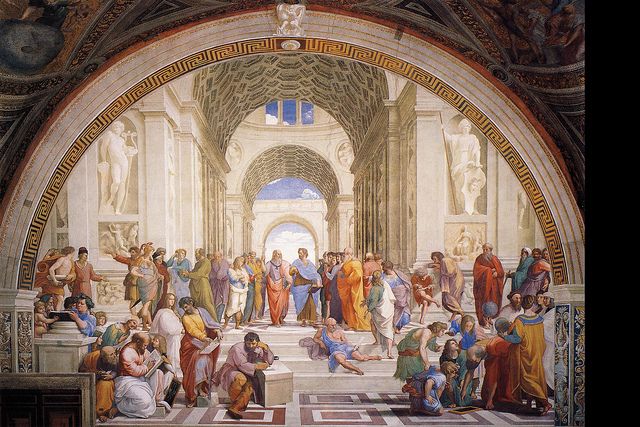
Cultures of Memory Research Group
Welcome to the Cultures of Memory research group. This research group is focused upon the creation of spaces for the discussion, development and dissemination of memory work from across Newcastle University.
Our coordinating group is built from academics from a range of disciplines (see the 'People' section of our website for more details). Since forming in 2018, we have run a series of workshops and events, developing a network of researchers from across the university in the process.
As we begin to resume activities, we will hold a series of online informal get togethers to talk about potential events and activities. Information on the next of these events will be available here soon.
Cultures of Memory welcome proposals for collaborative events and projects. We also welcome information regarding any events of interest to our network, which can be advertised through this website and our mailing list.
Convenors: Joanne Sayner, Areti Galani, Susannah Eckersley
Contact: Please direct any enquiries to David Farrell-Banks at david.farrell-banks@ncl.ac.uk. You can also keep updated on our events by signing up to our mailing list here.
https://research.ncl.ac.uk/culturesofmemory/
.jpg)
.jpg)
Gender Research Group
The Gender Research Group (GRG) brings together the large number of scholars from different subject areas who work on what has become a strong feature of scholarly activity at Newcastle University. These scholars are primarily, but not exclusively, from within the Faculty of Humanities and Social Sciences, including Arts, Law, Culture and Music, Education, English, Geography, History, Modern Languages, Politics, Sociology.
A critical category of analysis for international research, engagement and collaboration, gender is now a key factor of research impact on society in Medicine and in Sciences as well as in the Humanities and Social Sciences: it has diversified into different sub-groups relating to –
- sexual identities in arts and humanities
- history of gender relations in texts and contexts
- rights and inequalities
- politics of representation
- feminism
- applied policy matters
The purpose of the GRG is to organise events that bring together scholars from these diverse sub-groups to strengthen the impact of their research and to create new opportunities for interdisciplinary collaboration and methods of inquiry.
Visit the Gender Research Group Facebook page to comment on the events and themes of the Research Group.
Convenors: Dr Stacy Gilis, Dr Nikki Godden-Rasul, Dr Tina Sikka
To join the GRG mailing list, for updated information on events and for circulation of relevant research activities in the field of gender, feminist and women’s studies, please contact Stacy Gillis (stacy.gillis@ncl.ac.uk).
Link: https://research.ncl.ac.uk/grg/

Labour and Society Research Group
The Labour and Society Research Group (LSRG) was established in 2009 by academics from Newcastle University and Northumbria University. It is a multidisciplinary forum of scholars who share an interest in the histories, sociologies and geographies of labour.
Our inclusive and dynamic group are concerned with new and established directions in labour history, including, but not restricted to:
- Oral history
- Biography
- Labour subjectivities (the senses, emotions, cognition, and memory)
- Place, the state, and transnationalism
- Ideas and political theory (socialism, nationalism, religion)
- Labour institutions (press, trade unions, parties, cooperatives)
- Labour and the everyday (class, race, gender, death, work, and leisure)
- Labour and social theory
- Labour, contentious politics, and social movement theory
We are always open to inter- and multi-disciplinary collaborations within and beyond the university. The group has contributed to major collaborative publications, with special issues of Labour History Review on unemployment (2007) and bombing (2011).
Convenors: Matt Perry, Graham Smith, Sarah Campbell
Contact: If you wish to learn more about LSRG or want to join our mailing list, please email Matt Perry (matt.perry@ncl.ac.uk) or Sarah Campbell (sarah.campbell@ncl.ac.uk)
https://blogs.ncl.ac.uk/labourandsociety/
.jpg)
Materiality, Artefacts and Technologies in Culture and History (MATCH) Research Group
Welcome to the Materiality, Artefacts & Technologies in Culture & History (MATCH) Faculty Research Group. Established in 2009 as the Cluster for Interdisciplinary Artefact Studies (CIAS), the group was renamed and restructured in 2019 to reflect its broader interdisciplinary remit encompassing the whole of the humanities disciplines and the entire human past.
We are a vibrant hub for inter- and cross-disciplinary material culture research of worldwide scope within the Faculty of Humanities and Social Sciences, reaching out to the wider University and our regional partners in the North-East of England. As part of our activities, we host a fortnightly cross-school reading group.
Convenors: Andrea Dolfini, Ben Elliott, Bridget Kennedy
Contact: If you would like to receive further information about our activities, please get in touch with any of our convenors.
https://research.ncl.ac.uk/match/
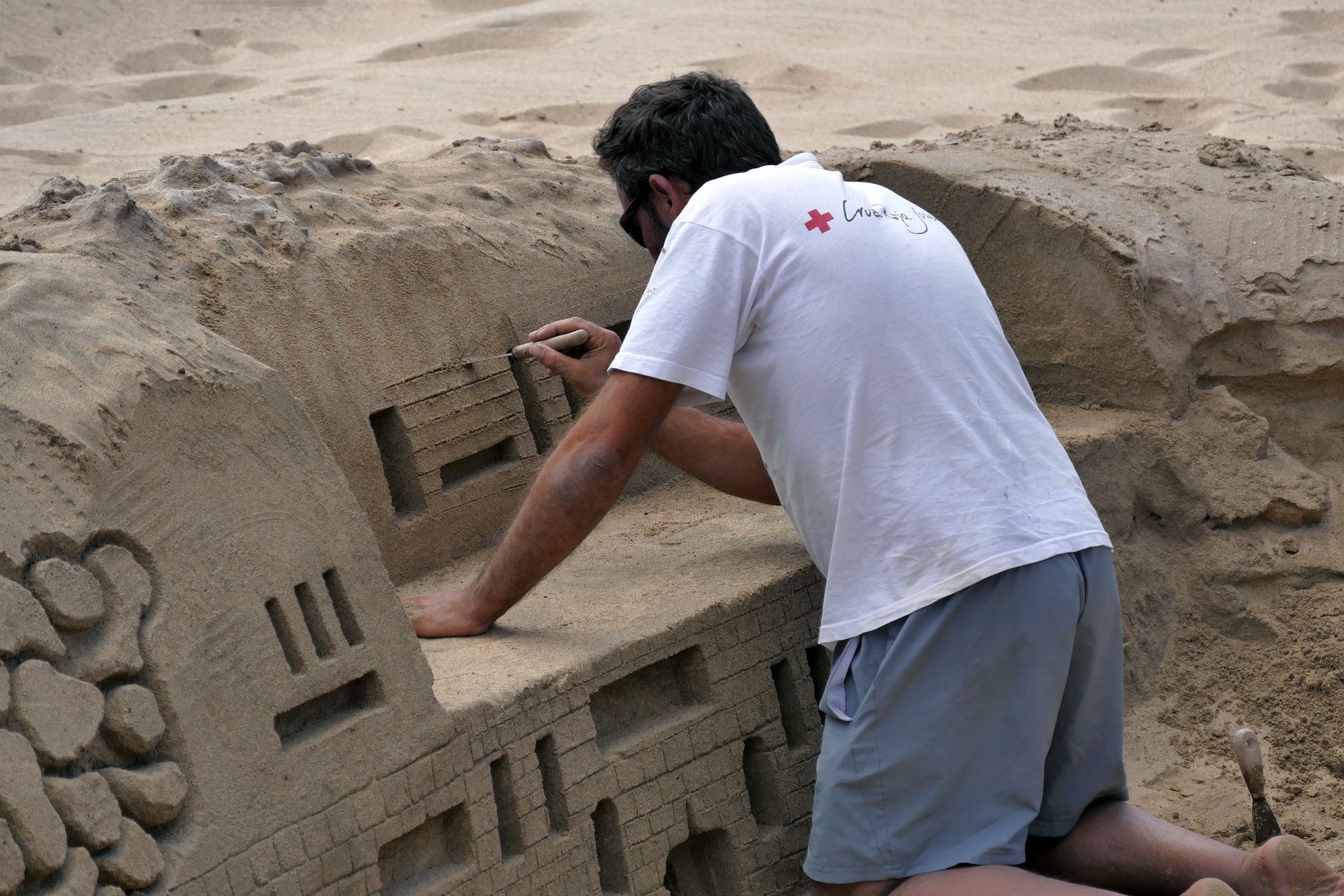
Medieval and Early Modern Studies Research Group
Medieval and Early Modern Studies (MEMS) at Newcastle brings together the university's research expertise in medieval and early modern studies up to c.1800. We are an interdisciplinary group and our members come from English Literature, History, Archaeology, Music, Modern Languages and Classics. MEMS also incorporates MedLAB, an interdisciplinary forum based in the School of History, Classics and Archaeology.
Convenors: Ruth Connolly, Rachel Hammersley, Magnus Williamson
Contact: ruth.connolly@ncl.ac.uk
https://research.ncl.ac.uk/mems/
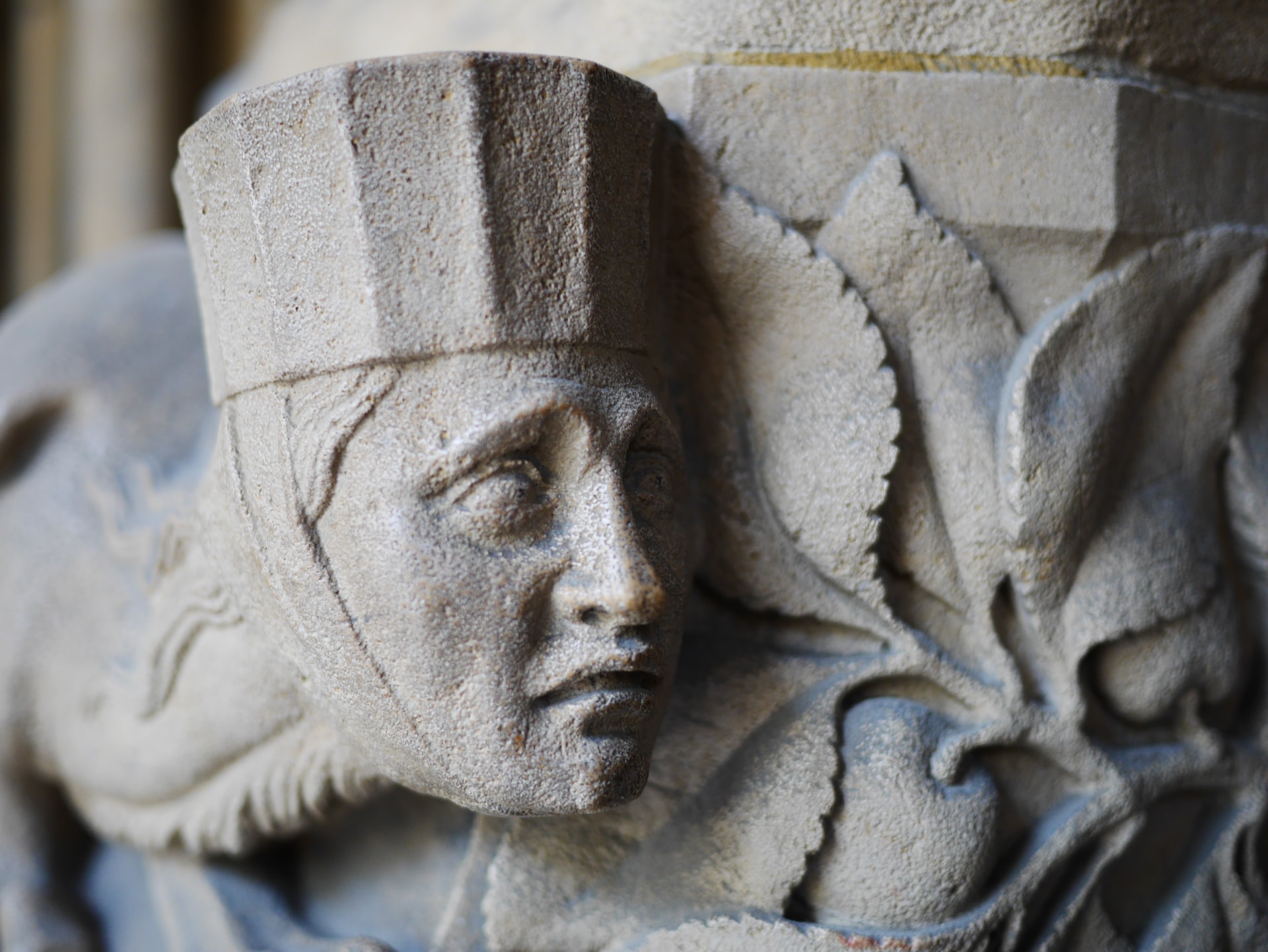
Military, War and Security Research Group
The Military, War and Security Research Group brings together researchers from across Newcastle University, at all career levels, who study military, war and security issues from social science and humanities perspectives. The temporalities we consider include the ancient, the historical, the contemporary and the future. Our intellectual approaches are diverse. These range from historical, literary and cultural studies, to arts practice in drawing and film, to legal, sociological and political analyses of military and state security activities at national and international scales.
We have two broad objectives:
- To support academic events related to members’ research interests in military, war and security issues. Events include fieldtrip expeditions, workshops and seminars.
- To provide a critical mass of individuals engaged in military, war and security research topics here at Newcastle University, who can work in a cross-disciplinary way to inform specific topics and initiatives.
Membership is open to any member of staff or student at Newcastle University, and our events are fully open to all within and beyond the university.
Convenors: Rachel Woodward and Michael Mulvihill
Contact: If you would like to receive further information about our activities, please get in touch with any of our convenors.
https://research.ncl.ac.uk/mwsrg/
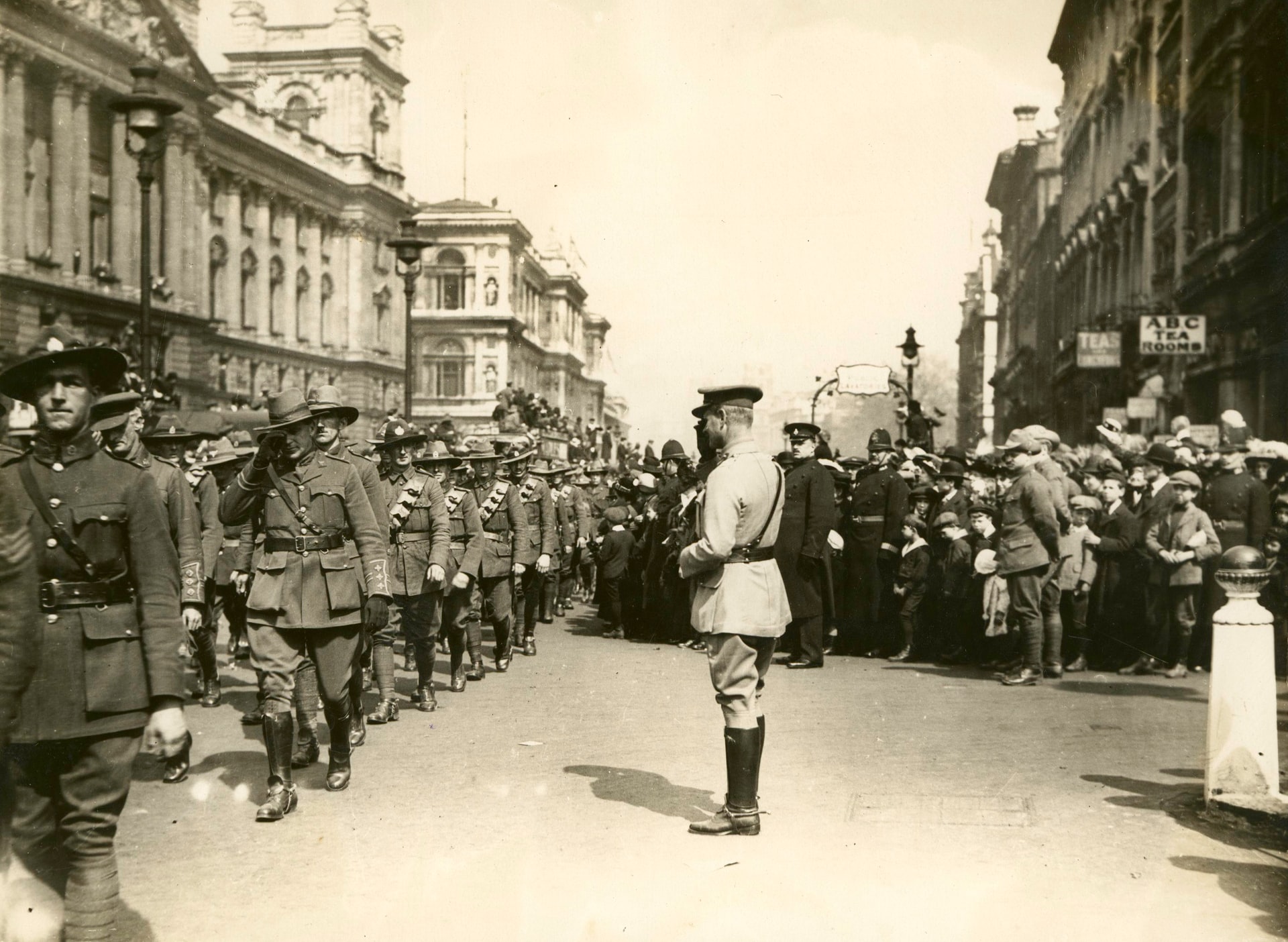
Newcastle Postcolonial Research Group
Relaunched in 2019, the Newcastle Postcolonial Research Group (NPRG) brings together a community of established scholars and ambitious young researchers who share a strong interest in disciplinary and interdisciplinary concerns in postcolonial studies. Together, the group seeks to facilitate fruitful exchanges between a diverse range of research areas and methodologies in the Northeast region, along with national and international academic communities. These areas include: the cultural, historical and political legacies of empire; transnationalism, migration, and ongoing processes of neo-colonialism; race, global inequalities, and the politics of decolonisation.
Collectively, the group aims to:
- explore differences and similarities between conceptual interests and geographically-determined concerns;
- increase awareness of the disciplinary vocabularies used;
- create a stimulating work environment for researchers and their research students;
- maintain and pursue links with other institutions and cultural bodies.
The research areas of our members fall mainly, though not exclusively, within the following 6 areas:
1) media and visual cultures
2) print cultures and writing
3) memory, trauma, and violence
4) geopolitics, economics, and class
5) indigeneity and rurality
6) imperial legacies and heritage
NPRG’s activities include a visiting speakers' programme, a postcolonial reading and writing session, work-in-progress forums and theory reading groups, and various regional and international conferences.
Convenors: Guy Austin, Neelam Srivastava, James Proctor
Contact: If you would like to receive further information about our activities, please get in touch with any of our convenors.
https://research.ncl.ac.uk/postcolonial/
Phonetics and Phonology Research Group
We are a varied group of researchers interested in all aspects of speech production, perception and learning. Our members belong to:
- School of Education, Communication and Language Sciences
- School of English Literature, Language and Linguistics
- School of Modern Languages
- Faculty of Medical Sciences
The discipline of phonetics and phonology is evolving rapidly. This is due to theoretical advances in conceptualising how we represent speech. Technological advances in measuring and analysing speech also play a part. Our researchers are working at the forefront of these advances. They adopt inter-disciplinary approaches to studying:
Speech processing
Phonological development
Language variation and change
The outcome is a laboratory approach to phonology. It scrutinises the traditional division between phonetics and phonology.
Key areas of interest include:
Arabic Phonetics and Phonology
Bilingual and second language phonology
Prosody
Sociolinguistics and Language Variation and Change
Convenor: Ghada Khattab
Contact: for mailing list, web or social media inquiries please contact Caitlin Halfacre or Andreas Krug
https://blogs.ncl.ac.uk/phonphon/
